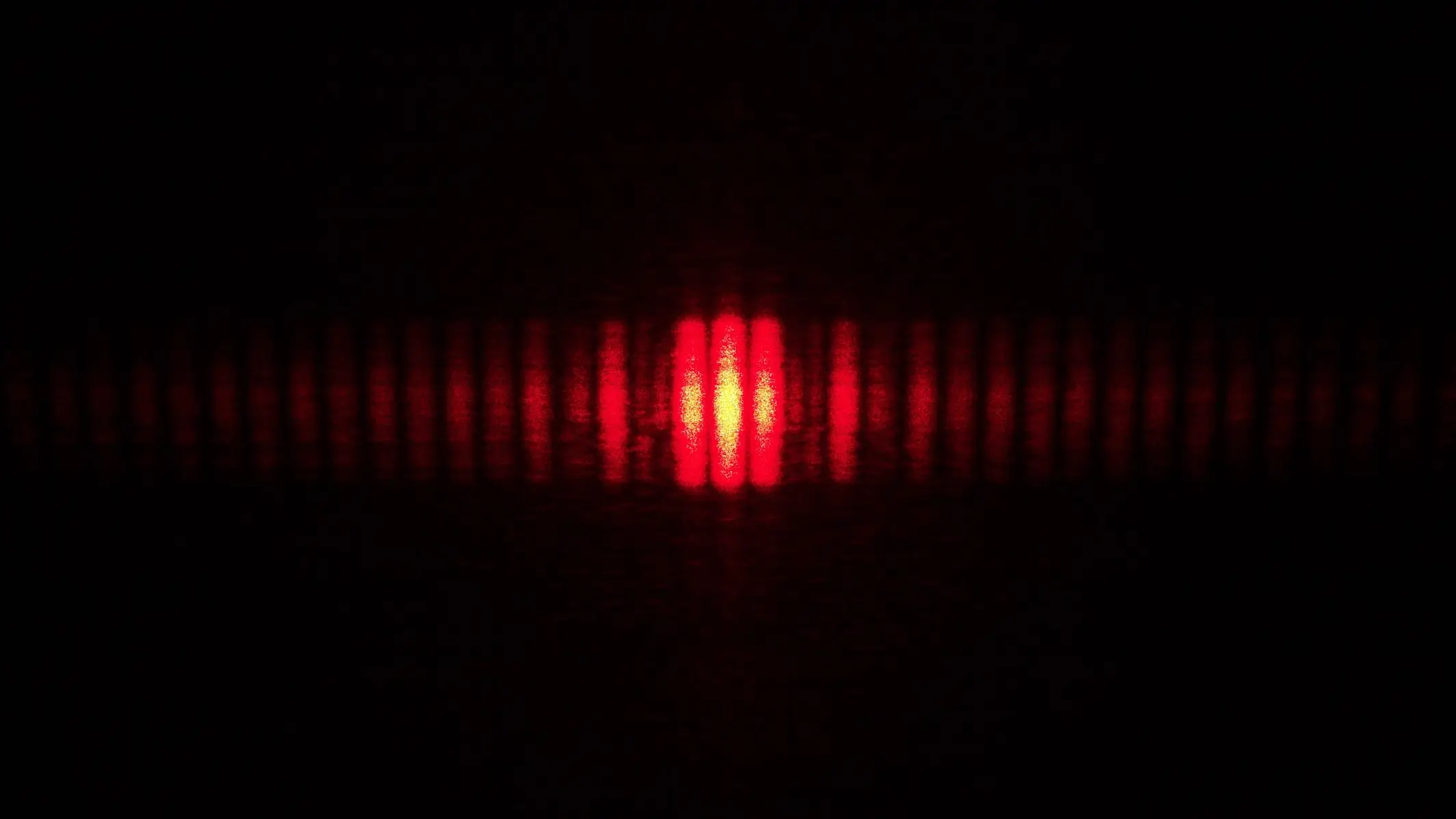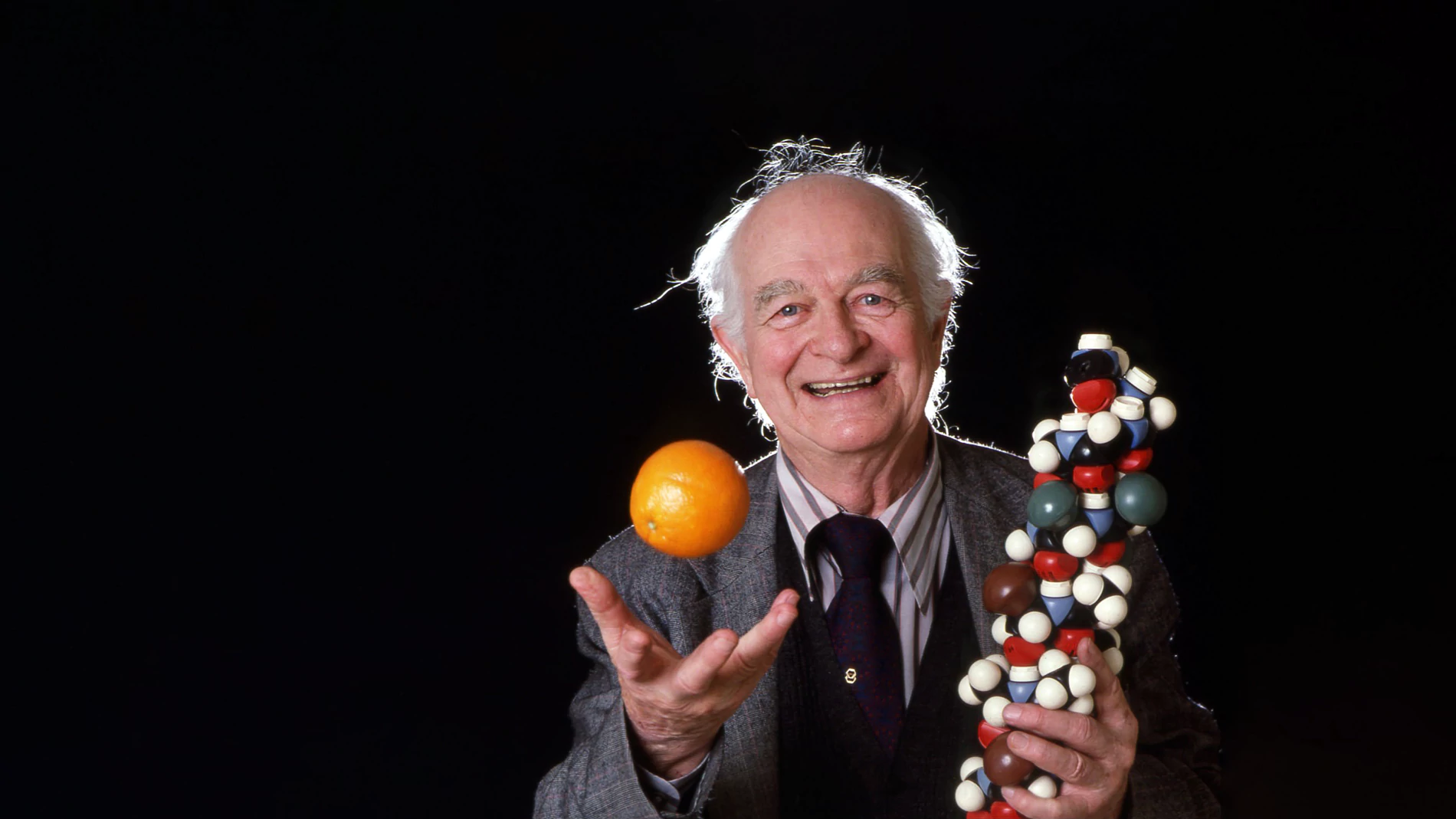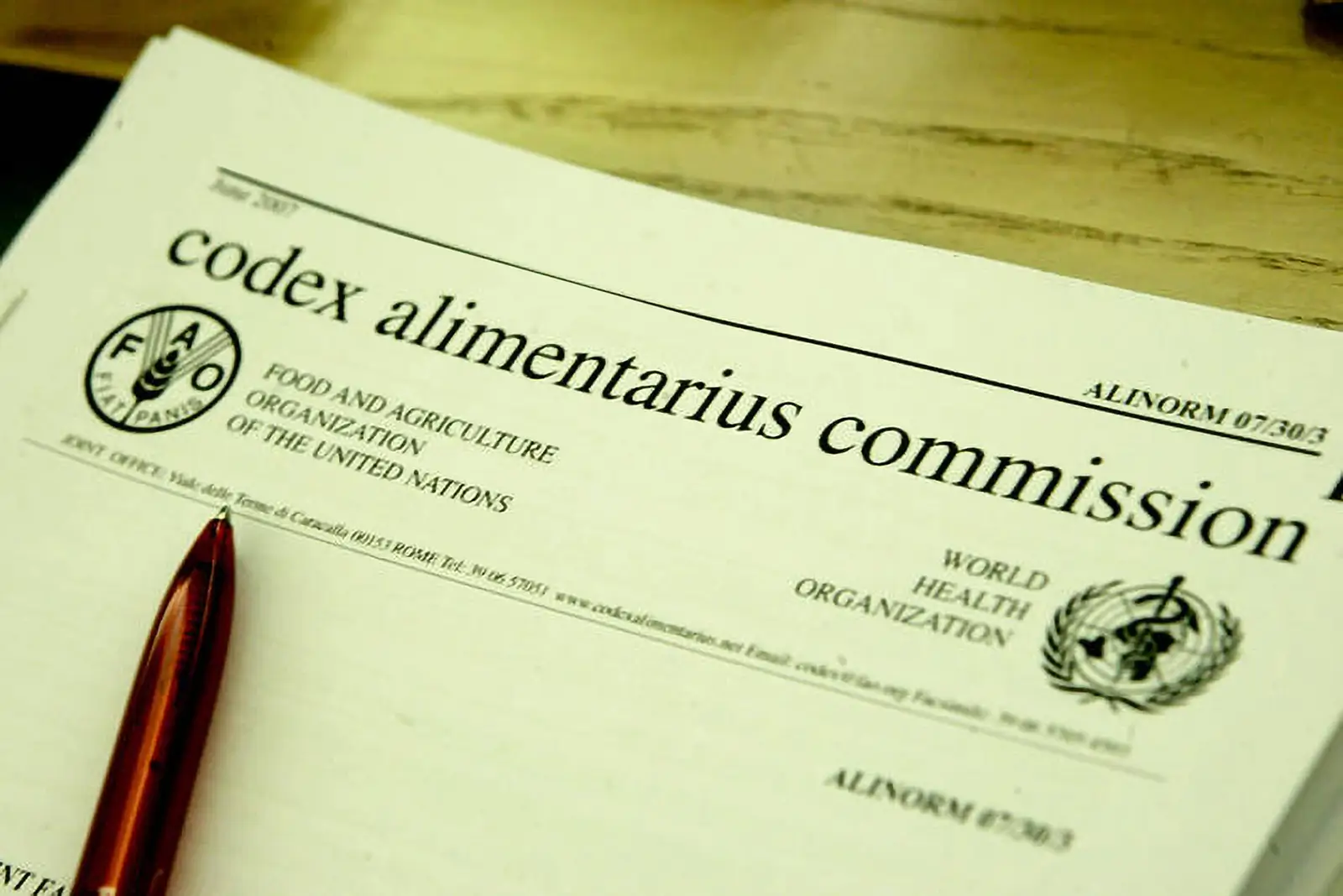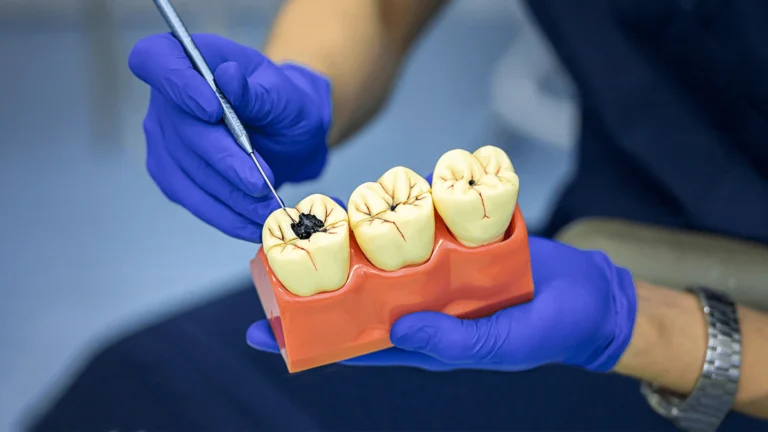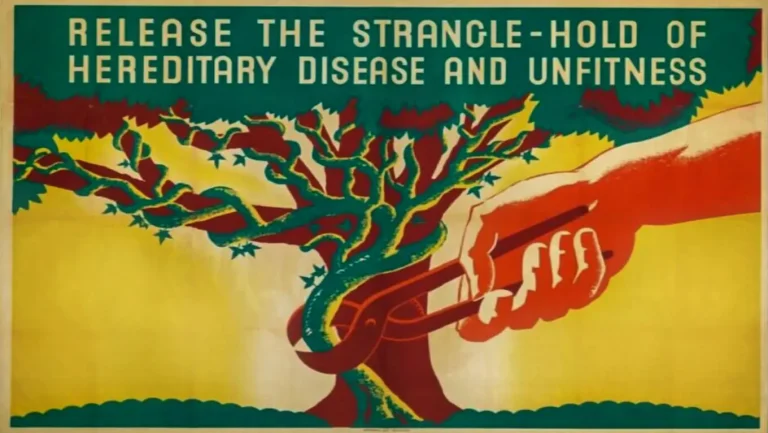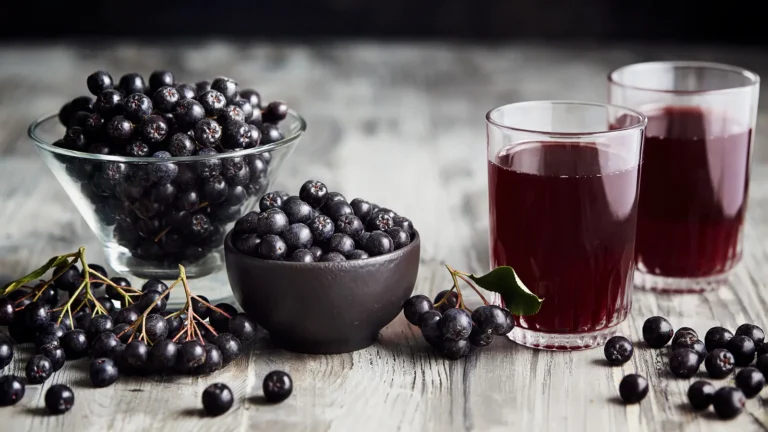Patented Medicine, Herbal Remedies, and FDA approval
War on plants had been waged by industry monopolists for more than 100 years now, and the final chapter is already written in the UN.
Milos Pokimica
Written By: Milos Pokimica
Medically Reviewed by: Dr. Xiùying Wáng, M.D.
Updated August 4, 2023The majority of people think that we live in an advanced democratic human rights-granted world of equal opportunities painted by the mainstream media governmental propaganda. Let me ask this. If they (people that own big pharma, banks, and other industries) actually researched and spend hundreds of millions of dollars to create medications that actually cured people, how would they continue to profit off our illnesses?
Or would they just treat symptoms and lie? And actually, so much more than just lying. They murder people, destroy people, and waged war against anything that threatens them. Anything that they cannot control is a threat. Both in the form of nature or in the form of technology that cannot be patented or technology that can be patented but is not very profitable because it cures disease instead of treating the symptoms. These people know exactly what the game is and what they are doing.
Anything that comes from nature cannot be patented. There are not interested in that. Everybody can grow a plant. That is a direct threat to industry interest. If there is a cure for some disease in the form of lifestyle changes, there are not interested in that. If there is some medicinal herb that works it must be destroyed. If it cannot be destroyed, then it has to be forbidden by law.
You translate that into the real world of FDA approval, and we get no interest in research into not patented medicine and no interest in research of conventional patented medicine that will really help people in the long run. And of course, the destruction of all things that exist already and has been proven to help. The way they do that is by the FDA.
People don’t realize that the FDA regulations it is illegal to use anything in existence unless it has been tested. You see the catch-22. Nothing from nature will ever be proven to be effective or safe because there is no one that is going to do the research that has the money to do the test. After all, there is no patent at the end of the test and no profit. They have control over you, and they do not like you. FDA does not do any testing of the drugs or supplements. It is relayed solely on submission from the drug companies when it makes its approval. In retrospect, it is designed to protect the industry, and it is a conflict of interest. It also has one more benefit for the industry. There is concern that the FDA has the power now to remove from the marketplace all of the new dietary ingredients that were introduced after October 1994. This includes a big chunk of supplements that are on the market.
People can go and buy potent herbal extras or other supplements and they can regulate their diet and lifestyle and get off the prescribed medicine, so the new law was passed in 1994. The FDA requires that manufacturers and distributors who wish to market dietary supplements that contain “new dietary ingredients” notify the FDA about these ingredients. Information requirement is to include information that is the basis on which the manufacturer or distributor has concluded that new dietary ingredients will reasonably be expected to be safe.
What the safe actually means? In the first decade of the new dietary ingredients guidelines, the FDA took a conservative view of what dietary ingredient was. They will say that if it was in the food supply and if you can show that it is in the food supply then they will allow you to sell it and not require you to make a scientific submission. In the ’90s FDA under pressure from the industry took a more restrictive approach by expanding the definition of a dietary ingredient and starting to keep more things out of the market and increasingly trying to regulate even the old supplements. The public reported purpose of the guidelines was to promote public safety for consumers. In reality, it had other intended purposes. Most of the supplement companies today were not present in 94. Of those that existed hardly any had records. What FDA is saying now is that your product is approved but only if you can scientifically prove it is safe because being on FDA published list before 94 is no proof anymore.
So you have to do the studies, and that seems fine if you are not familiar with the already mentioned catch-22. And of course, when the industry does their studies, they have billions to spend to alter the result in the desired way. We can only remember stories about Aspartame and MSG approval. This would be a topic for separate articles.
So today FDA basically requires a sort of preapproval from the companies and represents a sort of economic barrier for entry and results in the loss of small supplement manufacturers and the creation of a small number of big supplement companies that can be purchased by the big pharma and controlled.
It costs somewhere between $150,000 to about $1.3 million for one NDI (New Dietary Ingredient) submission. It is also made clear that approval of NDI is valid only for the company that submitted it and cannot be transferred to any other company, even if it is the same ingredient. They require every company that sells the same product to submit a new dietary ingredient submission. As a result, there are now even fewer supplements available, and they are even more expensive. The supplements that are pushed are the ones that are useless or dangerous but are in the industry’s interest to promote, like protein powders and bodybuilding chemicals. However, if you want to buy, for example, curcumin extract as support for cancer treatment, it will be more expensive than it should be. There were even attempts to force curcumin to be a prescribed pharmaceutical drug, but they failed.
However, the intention is there, and it goes in one direction. If there was any way to ban the turmeric plant and many other plants, they will gladly do it with no hesitation. Because there is not, or it is hard to do, because curcumin does not have any psychoactive properties and it is just a spice, there is nothing that the industry can do. However, then we have these forms of economic manipulation going on. Ingredients that we use to manage our health, from foods to concentrated nutrients sold as dietary supplements, are now being given requirements to prove safety before they can be used. Also, if hard to believe, but they want to ban medicinal foods too. The FDA Food Safety Modernization Act of 2007 (FSMA) gave the FDA unprecedented power over food. It gave the power to ban interstate commerce with any food in existence that has been studied for medicinal use. This act gives the FDA more power and more money to hire agents to run around the countryside of the USA to begin to arrest small organic gardeners and raw dairy farmers and intimidate even people who grow food for themselves in their own yards and gardens.
The idea that you take some plant that is grown for millennia and requires to enforce all kinds of double-blind placebo studies that underline regular drug testing is designed not to protect consumers but to remove the choice and to take responsibility for our own health from us and put it in the hand of industry and its enforcer the government.
And they did it already to the empirics and natural healers at the beginning of the 20th century but did not target individual people. Now they are going to target regular people as well. What are they going to do with this new authority is the same thing that they have done until now. Every product that comes on the market would be assumed to be an unsafe product, any natural herb should be assumed to be dangerous, any other medical treatment not approved by the FDA should be assumed to be dangerous, and every natural remedy, supplement, or anything else if not approved should be assumed to be dangerous and are going to be removed until people manufacturing that product prove that the product is safe. And if a product is already proven to be safe, the approval needs to be done again for every single company. The small farmer who wants to sell medicinal herbs is going to be treated like selling dangerous substances for example like selling poison or cannabis. It started to happen already today, but the intention is to be even more enforceable in the future.
By current law, what an agency can do to small farmers or small companies that did not approve its products is they can come and take everything the farmer or company owns of any value. They can do it without any advance notice, weapons drawn, barging into the business, seizing assets, freezing bank accounts, seizing all the products, and seizing all the material inside the offices, computers, papers, and files before trial or conviction. Charges can be both civil and criminal and can result in incarceration for a lifetime. Even if you don’t get indicted, what they do is ruin someone’s business completely. They did start to do this to some extent to local farmers, especially in regards to raw milk and herbal remedies, but there was some backlash, but that did not stop the intention.
What this is in reality all about is to start to push small businesses out. If you have a small family supplement company can you afford to spend up to 1 million for approval for every product? What would you do most likely is to send your kid to college so that he can get a job at a regular pharmacy and close. It is not logical to conclude that the government forces companies to test one ingredient that has been proven to be safe over and over again just for safety and what is completely out of the scope of logic is to force payment that goes up to more than a million dollars.
The real intention is to economic burden and then remove the small organic farmers and businesses, natural herbal doctors that are outside of the medical line, and all other “threats” with this well-calculated economic warfare.
And this is not just the US it has gone global.
War on plants had been waged by industry monopolists for more than 100 years now, and the final chapter is already written in the UN.
It is called Codex Alimentarius. That is a fancy Latin name for the world food code. The ambiguous title “Codex Alimentarius” is no accident. It was written by the same companies and even in some cases the same individuals, who wrote the Auschwitz concentration camp slogan “Arbeit mach frei” (“Work makes you free”). It was created in 1963s in the UN by the same oligarchy. It is a body that was established by the Food and Agriculture Organization of the United Nations (FAO), and the World Health Organization (WHO). In fact, Codex is the next stage of intention for multi-national corporations razed above national sovereignty and enforced upon the world. The five segments of business that benefit from Codex are Big Bio-Tech, Big Chem, Big Medica, Big Pharma, and Big Agra biz.
References:
Passages selected from a book: Pokimica, Milos. Go Vegan? Review of Science Part 2. Kindle ed., Amazon, 2018.
Related Posts
Do you have any questions about nutrition and health?
I would love to hear from you and answer them in my next post. I appreciate your input and opinion and I look forward to hearing from you soon. I also invite you to follow us on Facebook, Instagram, and Pinterest for more diet, nutrition, and health content. You can leave a comment there and connect with other health enthusiasts, share your tips and experiences, and get support and encouragement from our team and community.
I hope that this post was informative and enjoyable for you and that you are prepared to apply the insights you learned. If you found this post helpful, please share it with your friends and family who might also benefit from it. You never know who might need some guidance and support on their health journey.
– You Might Also Like –

Learn About Nutrition
Milos Pokimica is a doctor of natural medicine, clinical nutritionist, medical health and nutrition writer, and nutritional science advisor. Author of the book series Go Vegan? Review of Science, he also operates the natural health website GoVeganWay.com
Medical Disclaimer
GoVeganWay.com brings you reviews of the latest nutrition and health-related research. The information provided represents the personal opinion of the author and is not intended nor implied to be a substitute for professional medical advice, diagnosis, or treatment. The information provided is for informational purposes only and is not intended to serve as a substitute for the consultation, diagnosis, and/or medical treatment of a qualified physician or healthcare provider.NEVER DISREGARD PROFESSIONAL MEDICAL ADVICE OR DELAY SEEKING MEDICAL TREATMENT BECAUSE OF SOMETHING YOU HAVE READ ON OR ACCESSED THROUGH GoVeganWay.com
NEVER APPLY ANY LIFESTYLE CHANGES OR ANY CHANGES AT ALL AS A CONSEQUENCE OF SOMETHING YOU HAVE READ IN GoVeganWay.com BEFORE CONSULTING LICENCED MEDICAL PRACTITIONER.
In the event of a medical emergency, call a doctor or 911 immediately. GoVeganWay.com does not recommend or endorse any specific groups, organizations, tests, physicians, products, procedures, opinions, or other information that may be mentioned inside.
Editor Picks –
Milos Pokimica is a doctor of natural medicine, clinical nutritionist, medical health and nutrition writer, and nutritional science advisor. Author of the book series Go Vegan? Review of Science, he also operates the natural health website GoVeganWay.com
Latest Articles –
Plant Based News
-
Your Vegan BBQ Needs These Mango Salsa Lettuce Wraps
on July 16, 2024
-
Try This Vegan Pear And Pistachio Pizza
on July 16, 2024
-
You Can Now Buy A Vegan Chocolate Selection Tin
on July 16, 2024
-
UK Meat Production Falls For First Time In Years
on July 16, 2024
-
Coconut Collab Unveils High Protein Vegan Yogurt
on July 16, 2024
-
A 50% Market Share For Alt Proteins Could Reduce GHGs More Than EVs, Says Report
on July 15, 2024
-
5 Chickpea Sandwich Fillings To Transform Your Lunchtime
on July 15, 2024
Top Health News — ScienceDaily
- Immune system in the spotlighton July 16, 2024
Our immune system is always on alert, detecting and eliminating pathogens and cancer cells. Cellular control mechanisms cause diseased cells to present antigens on their surface like signs for the immune system. For analysis of the necessary complex antigen processing and transport processes in real time, researchers have developed a ‘cage’ that is opened with light to release trapped antigens at a specific place and time.
- New research demonstrates potential for increasing effectiveness of popular diabetes, weight-loss drugson July 15, 2024
A network of proteins found in the central nervous system could be harnessed to increase the effectiveness and reduce the side effects of popular diabetes and weight-loss drugs, according to new research.
- Better together: Spatial arrangement of three immune cells is key to attacking tumorson July 15, 2024
In order for immune cells to effectively kill cancer cells, a triad of three cells are necessary — a dendritic cell, a cytotoxic ‘killer’ T cell, and a helper T cell, researchers have found. The discovery could alter the way doctors administer immunotherapies.
- American diets got briefly healthier, more diverse during COVID-19 pandemic, study findson July 15, 2024
American diets may have gotten healthier and more diverse in the months following the start of the COVID-19 pandemic, according to a new study.
- A novel and unique neural signature for depression revealedon July 15, 2024
A recent study identified beta frequency neural activity in the anterior cingulate cortex (ACC) of the brain’s frontal lobe as the key neural signature underlying processes associated with recognizing rewards and determining subsequent choices and, thus, shaping future behaviors.
- Protein droplets likely don’t cause Parkinson’son July 15, 2024
Liquid-liquid phase separation is not a precursor to formation of amyloid fibrils, a pathological hallmark of Parkinson’s disease, shows study. Rather, the formation of protein into liquid droplets may help to dissolve aggregated protein. The study deepens our understanding of neurodegenerative diseases linked to protein aggregation and could help develop new therapies.
- Personalized simulations predict patient outcomes for blood cancer treatmenton July 15, 2024
A new study unveiled a groundbreaking approach to predicting the effectiveness of treatments for patients with Diffuse Large B-Cell Lymphoma (DLBCL), a common form of blood cancer.
PubMed, #vegan-diet –
- Nutrient Composition of Four Dietary Patterns in Italy: Results from an Online Survey (the INVITA Study)on July 13, 2024
Though Italy is a native land of Mediterranean diet, its adherence in the Italian population is low, witnessed by the high rates of overweight in its inhabitants. Vegetarian dietary patterns (i.e., lacto-ovo-vegetarian and vegan) are increasing in western countries, and also in Italy, where 9.5% of the population self-declared as vegetarian in 2023. Though the vegetarian diet has been associated with beneficial health effects, speculation on its alleged nutrient inadequacy exists. For this…
- Association between Serum Lipids and Asthma in Adults-A Systematic Reviewon July 13, 2024
(1) Background: Asthma is a syndrome found in both adults and children, characterized by airflow obstruction caused by the inflammation of the airways. In recent years, an increasing number of studies have found that lipid metabolism influences both the development and symptomatology of asthma. Lipid metabolism plays an important role both in the occurrence of exacerbations and in the reduction of lung inflammation. Our study aimed to identify any type of association between patients […]
- Vegan and Vegetarian Soups Are Excellent Sources of Cholinesterase Inhibitorson July 13, 2024
CONCLUSIONS: Vegetarian and vegan soups exhibited comparable or even superior anticholinesterase activity compared to animal-derived soups, highlighting the importance of plant-based ingredients. The study underscores the need for further research to explore the mechanisms underlying the anticholinesterase activity of soups, including the impact of ingredient combinations and processing methods.
- Effects of Plant-Based Diets on Markers of Insulin Sensitivity: A Systematic Review and Meta-Analysis of Randomised Controlled Trialson July 13, 2024
The aim of this systematic review and meta-analysis was to examine the effects of plant-based diets on markers of insulin sensitivity in people with overweight/obesity, prediabetes, or type 2 diabetes (T2D). A systematic literature search in MEDLINE, Embase, CINAHL, and CENTRAL was conducted, and randomised controlled trials (RCTs) investigating the effect of plant-based diets (vegan, ovo-vegetarian, lacto-vegetarian, and lacto-ovo-vegetarian) for ≥14 d on markers of insulin sensitivity in…
- Legume Allergens Pea, Chickpea, Lentil, Lupine and Beyondon July 11, 2024
PURPOSE OF THE REVIEW: In the last decade, an increasing trend towards a supposedly healthier vegan diet could be observed. However, recently, more cases of allergic reactions to plants and plant-based products such as meat-substitution products, which are often prepared with legumes, were reported. Here, we provide the current knowledge on legume allergen sources and the respective single allergens. We answer the question of which legumes beside the well-known food allergen sources peanut […]
Random Posts –
Featured Posts –

Latest from PubMed, #plant-based diet –
- Rapid benefits in older age from transition to whole food diet regardless of protein source or fat to carbohydrate ratio: Arandomised control trialby Rosilene V Ribeiro on July 16, 2024
Plant-based diets reduces the risk of chronic conditions. The interaction between protein source and other macronutrients-fat (F) and carbohydrate (C)-has yet to be investigated. The aim was to assess the main and interactive effects of protein-source (plant vs. animal) and F:C (high or low) and the transition from an Australian diet to a whole food diet on various health markers in older individuals. This single-blinded, parallel, randomised experimental trial used a 2 × 2 factorial design […]
- Dietary Patterns and Cardiovascular Diseases in Asia: A Systematic Review and Meta-Analysisby Gladys Huiyun Lim on July 15, 2024
With emerging Asian-derived diet quality indices and data-driven dietary patterns available, we aimed to synthesize the various dietary patterns and quantify its association with cardiovascular diseases (CVDs) among Asian populations. We systematically searched PubMed, Embase, Scopus, and Web of Science for observational studies in South, Southeast, and East Asia. Dietary patterns were grouped “high-quality,” which included high intakes of three or more of the following food groups: 1) fruits…
- The interplay between diet and the gut microbiome: implications for health and diseaseby Fiona C Ross on July 15, 2024
Diet has a pivotal role in shaping the composition, function and diversity of the gut microbiome, with various diets having a profound impact on the stability, functionality and diversity of the microbial community within our gut. Understanding the profound impact of varied diets on the microbiome is crucial, as it will enable us not only to make well-informed dietary decisions for better metabolic and intestinal health, but also to prevent and slow the onset of specific diet-related diseases…
- Effects of increasing the availability of vegetarian options on main meal choices, meal offer satisfaction and liking: a pre-post analysis in a French university cafeteriaby Laura Arrazat on July 15, 2024
CONCLUSIONS: Doubling availability of vegetarian main meals in a university cafeteria resulted in a twofold increase in their selection, with students reporting being more satisfied and liking the main meals more during the intervention period. These results suggest that serving an equal proportion of vegetarian and nonvegetarian main meals could be considered in French university cafeterias to tackle environmental issues.
- Improvement of Adherence to the Mediterranean Diet through a Nutrition Education Teaching Pack for Teachers within the “School Fruit Scheme” Program: An Italian Long-Term Trial in School Childrenby Romana Roccaldo on July 13, 2024
A previous short time span study related to the effectiveness of a teaching pack (TP) in improving the adherence to the Mediterranean Diet (MD) showed positive results. The present study was aimed at investigating and confirming those results, with a follow up data collection, in the same sample, a year after the baseline intervention. Pre- and post-intervention assessments were conducted. Weight and height were measured. Eating patterns/lifestyle were assessed by the KIDMED test and…
- Exploring Determinants of Health-Related Quality of Life in Emerging Adults with Type 1 Diabetes Mellitus: A Cross-Sectional Analysisby María-Ángeles Núñez-Baila on July 13, 2024
(1) Background: Emerging adulthood, from the age of 18 to 29 years, is a crucial phase for individuals with Type 1 Diabetes Mellitus, as it affects their Health-Related Quality of Life. (2) Methods: This cross-sectional study analyzes the influence of the Mediterranean diet, Diabetes duration, Hemoglobin A1c, and sleep disorders on Health-Relate Quality of Life in Type 1 Diabetes Mellitus. In this study, conducted in Andalusia, Spain, 362 emerging adults with Type 1 Diabetes Mellitus […]






